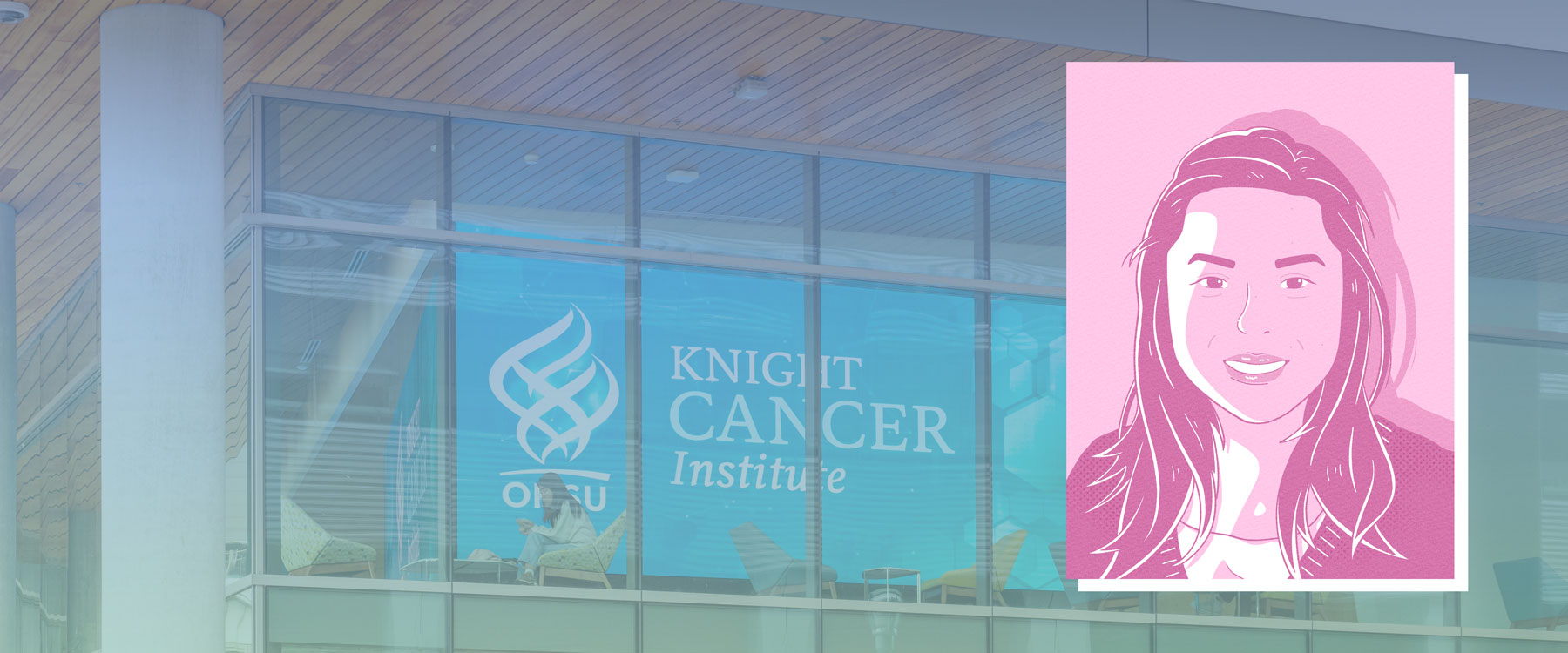Shivaani Kummar, MD, FACP, is head of the Division of Hematology and Medical Oncology in the OHSU School of Medicine, associate director for Clinical and Translational Research at the OHSU Knight Cancer Institute, and co-director of the Knight Cancer Institute’s Center for Experimental Therapeutics.
Dr. Kummar joined the OHSU Knight Cancer Institute from Stanford University in July 2020. She co-leads a team of 90 faculty members and along with her husband, Sanjay Malhotra, PhD, is focused on discovering new therapies for cancer and giving more people access to safe, experimental cancer treatments.
What excites you about coming to work in the morning?
My patients. My clinical work is focused on conducting early phase clinical trials, enrolling and caring for patients on these trials. I am humbled and inspired by the courage, grace and feeling of altruism that I find in each and every patient who chooses to participate in these trials. Caring for them drives me to work harder to develop more effective treatments that are better tolerated. It is a privilege to be able to work in this field.
What sort of projects are you working on right now? What are the latest results?
We have a number of clinical trials investigating promising new strategies to treat cancer. These new agents include those targeting genetic changes (alterations in the DNA of the cancer cell), those that harness the immune system to work against the cancer, and others. All these new agents have shown promising anticancer activity in laboratory testing and are now being evaluated in patients.
Why are early phase clinical trials important for advancing the care of people with cancer?
Early phase trials are conducted to test new treatments for cancer, while ensuring the highest standards of patient safety. When we’re developing new treatments for cancer, we are often trying to identify what makes the cancer different from normal cells or why currently used drugs are not working as well as we would like them to. Then we try to find what we call ‘targets’ within or around cancer cells and develop drugs that can precisely hit those targets. These ‘new drugs’ go through very rigorous testing in the laboratory and only if they meet certain criteria as promising anticancer agents, we bring them forward into the first phase of human clinical trials.
What is the importance of philanthropy to your work?
Developing new treatments for cancer is a complex, multidisciplinary process that truly ‘takes a village’. Within our Center for Experimental Therapeutics, Knight Cancer Institute, we have multiple ongoing projects trying to identify new ways to target cancer. Our ability to move these projects forward and to take on new projects is limited by the available resources. Philanthropy will allow us to expand the number of ongoing projects, including those focusing on rare tumors, as well as take on more pre- and post-doctoral students to train the next generation of cancer researchers.




